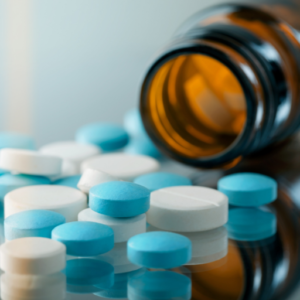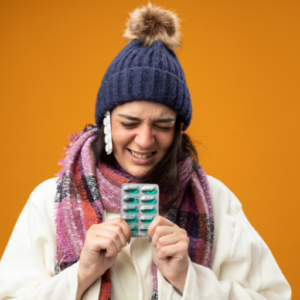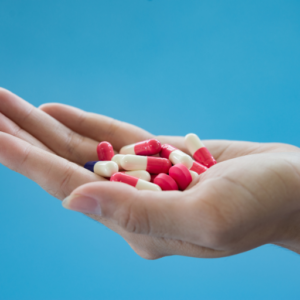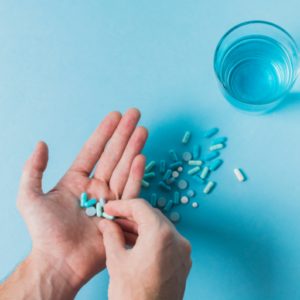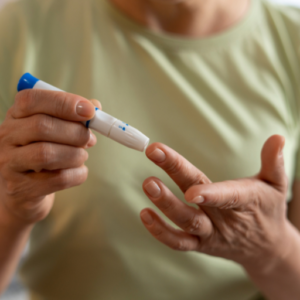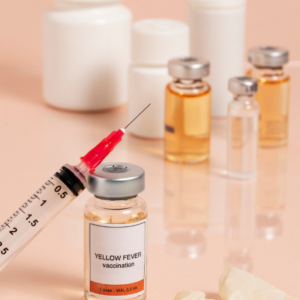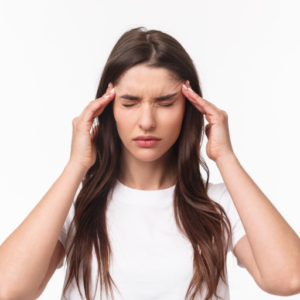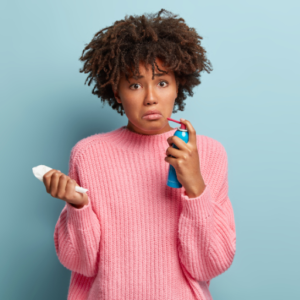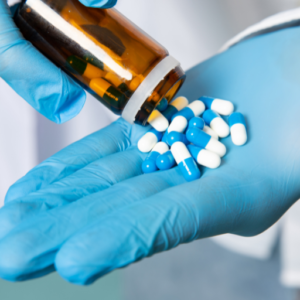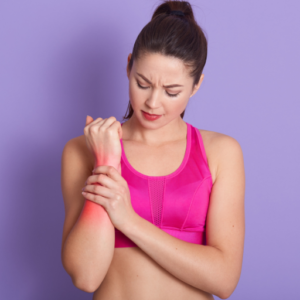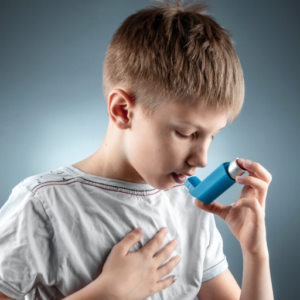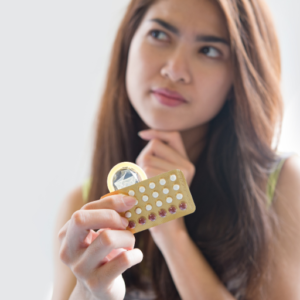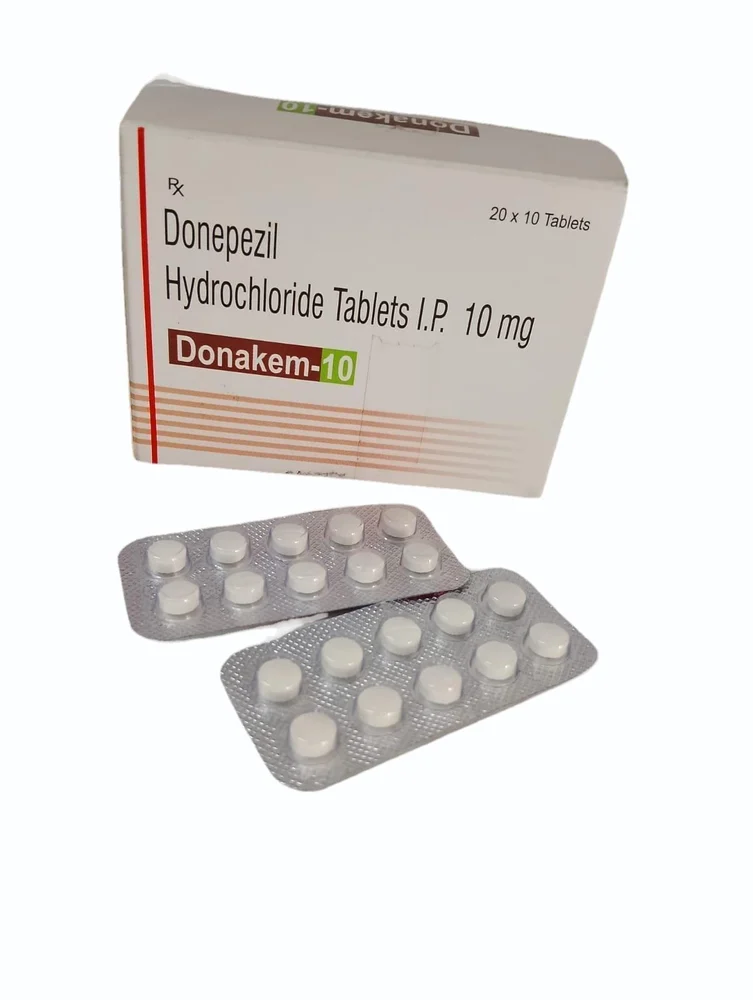Donakem 10mg
| Package | Per tablet | Savings | Price |
|---|---|---|---|
| 180 tablets | $0.31 | $16 | $72 $56 |
| 150 tablets | $0.32 | $12 | $60 $48 |
| 120 tablets | $0.33 | $9 | $48 $39 |
| 90 tablets | $0.34 | $5 | $36 $31 |
| 60 tablets | $0.37 | $2 | $24 $22 |
| 30 tablets | $0.40 | – | $12 |
What is this medicine?
DONAKEM 10 mg tablet contains Donepezil, which is a cholinesterase inhibitor. This medicine is used to treat mild to moderate dementia related to Alzheimer’s disease. It works by improving the function of nerve cells in the brain by increasing the amount of a natural chemical called acetylcholine.
What should I tell my health care provider before I take this medicine?
They need to know if you have any of these conditions:
-
heart problems like irregular heartbeat or heart block
-
stomach ulcers or gastrointestinal bleeding
-
seizures or epilepsy
-
asthma or lung disease
-
liver disease
-
difficulty urinating or enlarged prostate
-
history of fainting or low blood pressure
-
any planned surgery (especially involving anesthesia)
-
an unusual or allergic reaction to donepezil, other cholinesterase inhibitors, medicines, foods, dyes, or preservatives
-
pregnant or trying to get pregnant
-
breast-feeding
How should I use this medicine?
Take this medicine by mouth with a glass of water. It is usually taken once daily at bedtime. Follow the directions on your prescription label. Do not take your medicine more often than directed.
It may take several weeks before the full benefit of this medication is seen. Do not stop taking it without your doctor’s advice.
Overdosage: If you think you have taken too much of this medicine, contact a poison control center or emergency room at once.
What if I miss a dose?
If you miss a dose, skip the missed dose and take the next dose at your regular time. Do not take double or extra doses.
What may interact with this medicine?
-
anticholinergic medications (like oxybutynin or tolterodine)
-
NSAIDs (like ibuprofen or naproxen) — may increase risk of GI bleeding
-
medications for irregular heart rhythm
-
other Alzheimer’s medications (e.g., rivastigmine, galantamine)
-
muscle relaxants used during surgery (e.g., succinylcholine)
-
antifungals (e.g., ketoconazole) or antibiotics (e.g., erythromycin)
-
seizure medications
This list may not describe all possible interactions. Give your health care provider a list of all the medicines, herbs, non-prescription drugs, or dietary supplements you use. Also tell them if you smoke, drink alcohol, or use illegal drugs. Some items may interact with your medicine.
What should I watch for while using this medicine?
You should have regular follow-up appointments with your doctor to monitor your response to the medication.
Be cautious with activities that require alertness (like driving or operating machinery), as this medicine may cause drowsiness or dizziness.
Notify your doctor if you experience significant weight loss, loss of appetite, or gastrointestinal bleeding (like black stools or vomiting blood).
Avoid alcohol, as it may worsen certain side effects such as drowsiness or confusion.
Inform your surgeon or dentist that you are taking this medicine before any procedure, especially those involving anesthesia.
What side effects may I notice from this medicine?
Side effects that you should report to your doctor or health care professional as soon as possible:
-
signs of allergic reaction (rash, itching, swelling of face/lips/tongue, difficulty breathing)
-
fainting or slow/irregular heartbeat
-
black or bloody stools, or vomiting blood (signs of GI bleeding)
-
seizures
-
severe nausea, vomiting, or diarrhea
-
confusion or worsening mental status
Side effects that usually do not require medical attention (report if persistent or bothersome):
-
nausea or vomiting
-
diarrhea
-
muscle cramps
-
fatigue
-
trouble sleeping
-
loss of appetite
-
dizziness
-
increased sweating
-
headache
This list may not describe all possible side effects.
Where should I keep my medicine?
-
Keep out of the reach of children.
-
Store at room temperature between 20 and 25 degrees C (68 and 77 degrees F).
-
Protect from moisture and heat.
-
Keep in the original container.
-
Dispose of any unused medicine after the expiration date.




